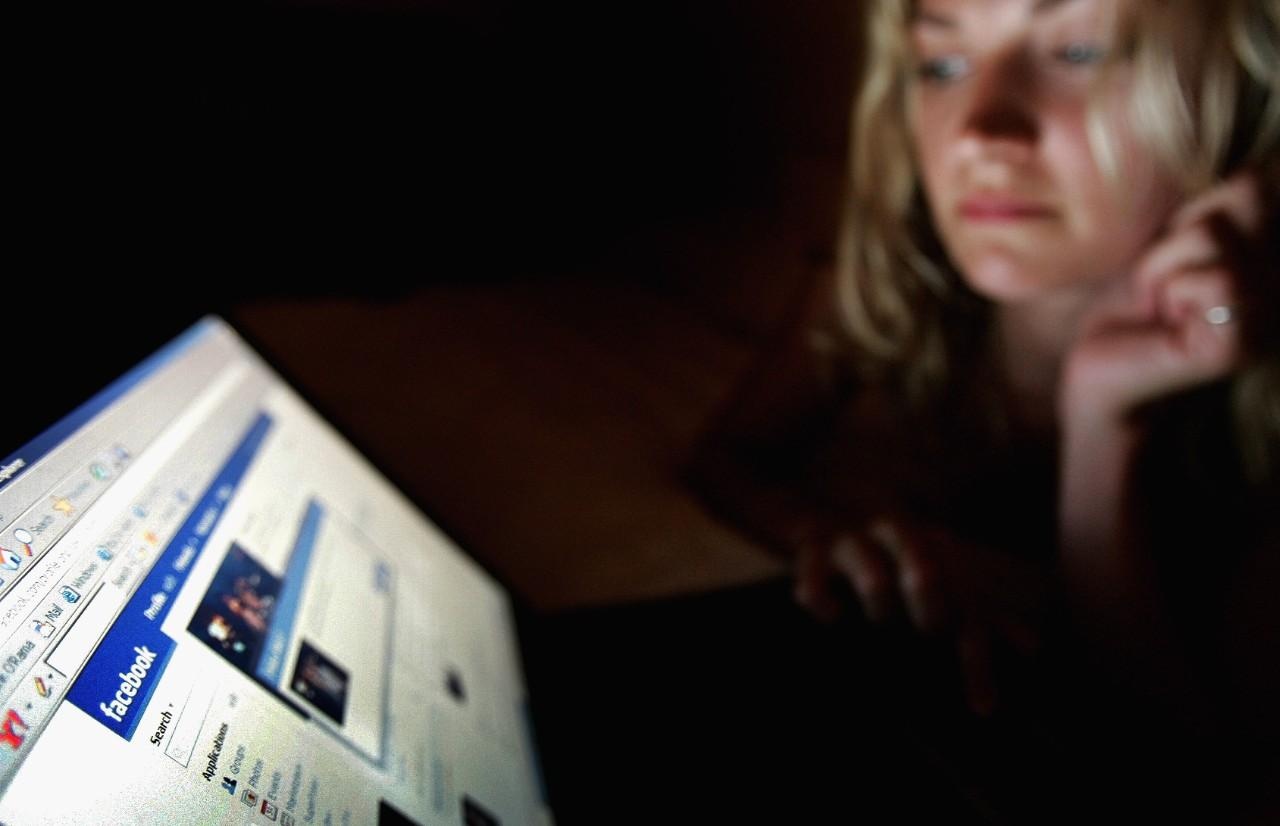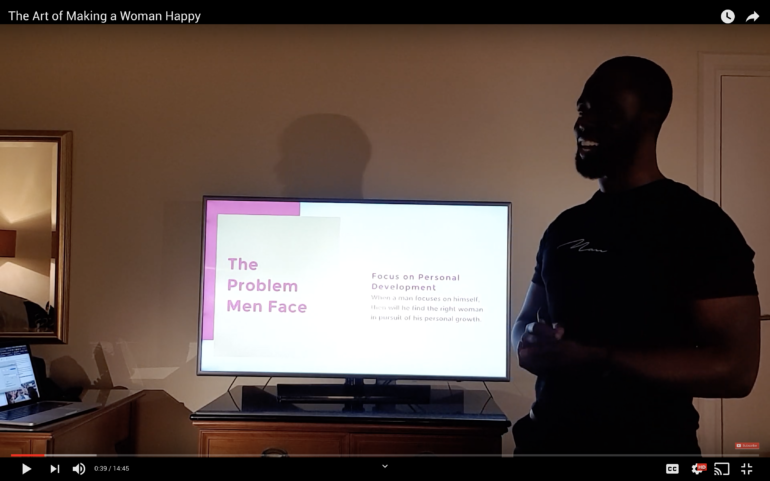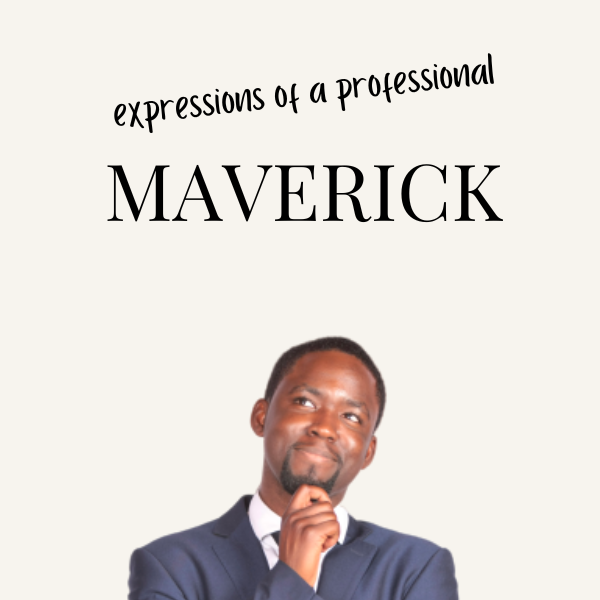Who do you compare too?
They say that we have moved into the era of Aquarius, meaning that we have entered an age of heightened information transfer. This means that data, information, and communication is ever more increased given us access to a lot more knowledge. Whether this knowledge is misinformation or disinformation it is down to our perceptions, how we interpret the information, and what has shaped our lives through our experiences that gives us the resultant message. One of the main things that has given humans the ability to connect and receive information very quickly is social media. Since the launch of Facebook on the 4th of February 2004, there has been a huge access to personal information via online profiles, the circles that people are in, and the internet social activities that people have been taking part in. The crazy thing about Facebook is that it has created a platform where people can hangout online, and check out each other’s online life based on what people put on their profiles. The more things you put on your page, the more attention you would get, conspicuously or inconspicuously. The status updates have become an old habit and has now passed onto Twitter. Facebook is now flooded with pictures, and short videos of all sorts, and now it has also become a advertising, marketing and personal branding tool.
A picture reads 1,000 words, and what you get interpret from looking at someone’s picture is different to what someone else sees based on perception, knowledge of the person, and what they have been doing in that picture, in addition to how you may be feeling at the time. The honest truth is, your perception of what the picture reads could be correct based on the purpose of what the author intended the picture to read; hence why an individual may get a lot of likes or comments on a particular piece of uploaded media. As increased activity of an uploaded picture may be seen as a good thing to the author, it may create a whole host of spiralled thoughts for the person who has viewed the picture. These thoughts may be in a sense negative causing the individual to feel that they are not doing enough based on their perceptive view, and interpretation of what they have seen someone else apparently doing in a picture or video. Individuals must remember not to compare themselves to pictures, and decide that their life should not be based on comparisons of what they think people are doing in pictures. In actual fact a picture reads 1,000 words and therefore it doesn’t read anything but what you want it to read. It can be obviously agreed that some pictures suggest a more likely activity over another, but your conclusions of what is happening should not determine your mood or create a sense of “Wow their life is amazing, I am not doing enough“.
The take home message is that as technology enhances, so does our online communicative abilities, yet we over complicate things based on fear, and comparative analysis which creates paralysis in our lives. The best way to deal with this is to live your life with a definite purpose, live your life with gratitude, and remember who you are. Regardless learn to have fun and appreciate what people have in their lives, do not get distracted by what they seem to have and therefore look at what you think you don’t have in your life, in essence that is selfish and unfair to your life…







